Description
Adipotide is a synthetic peptide that is primarily known for its fat-burning and weight loss properties. It has been researched for its potential to reduce body fat by targeting fat cells and promoting fat cell death (apoptosis). It is also sometimes referred to as FTPP (Fat Targeting Protein Peptide).
What is Adipotide?
Adipotide is a peptide-based compound that was initially researched by scientists at the City of Hope National Medical Center in California. The peptide targets adipose tissue (fat cells) and works by disrupting the blood supply to fat cells, causing fat cell death.
Mechanism of Action:
- Targeting Fat Cells:
- Adipotide specifically targets adipose tissue, which is the tissue responsible for storing fat in the body. The peptide works by binding to receptors on the surface of fat cells.
- Inducing Apoptosis (Fat Cell Death):
- Once Adipotide binds to fat cells, it disrupts the blood supply to these cells, causing them to undergo apoptosis (programmed cell death). This process leads to the reduction of fat in areas where fat accumulation is prominent.
- Angiogenesis Inhibition:
- Adipotide targets the vascular endothelial growth factor receptor 2 (VEGFR2), which is involved in the formation of blood vessels. By inhibiting this receptor, Adipotide reduces the blood supply to fat cells, ultimately leading to their shrinkage and elimination.
Applications of Adipotide:
- Weight Loss:
- Adipotide has been studied for its potential to promote fat loss in both humans and animals. In animal studies, it has shown a significant ability to reduce body fat percentage without causing the loss of lean muscle mass.
- Obesity Treatment:
- Given its ability to target fat cells directly, Adipotide has been explored as a potential treatment for obesity. It could potentially be used as part of a weight loss protocol, especially for individuals who have not had success with traditional methods like diet or exercise.
- Body Composition Enhancement:
- Athletes and bodybuilders may be interested in Adipotide for its ability to reduce body fat while preserving lean muscle mass, which can help improve overall body composition.
Administration of Adipotide:
- Adipotide is typically administered via subcutaneous injection, usually into the fatty tissue of the abdomen or thigh.
- The dosage and frequency of injections vary depending on the individual’s goals and the specific protocol being followed. Research typically uses 0.5 to 1 mg per day for short cycles (typically a few weeks).
Potential Side Effects:
While Adipotide shows promise in its ability to reduce fat, it is still in the experimental phase and has not been approved for widespread use. Some of the potential side effects may include:
- Fatigue or weakness during treatment, as fat stores are being rapidly reduced.
- Appetite suppression due to the effects on fat cells and metabolism.
- Injection site reactions, such as swelling, redness, or pain at the site of injection.
- Potential cardiovascular issues due to the peptide’s impact on blood vessels and circulation.
Current Status and Research:
- Adipotide has been primarily used in animal studies (particularly in rodents) to assess its potential for weight loss and fat reduction. While results from these studies have shown positive effects on fat loss, human trials are limited, and Adipotide has not yet been approved for medical use by regulatory agencies like the FDA.
- There is ongoing research to determine its safety, efficacy, and long-term effects in humans. Additionally, concerns about the potential for adverse effects from reducing blood flow to fat cells need to be addressed in further clinical trials.
Conclusion:
Adipotide is a synthetic peptide that shows potential as a fat loss agent by inducing fat cell death through inhibition of blood flow to adipose tissue. It has been studied in animal models and may hold promise for future treatments of obesity and fat reduction. However, human clinical data is limited, and further research is required to understand its safety profile and potential applications fully. As of now, it remains a research peptide and has not been widely approved for use in humans.





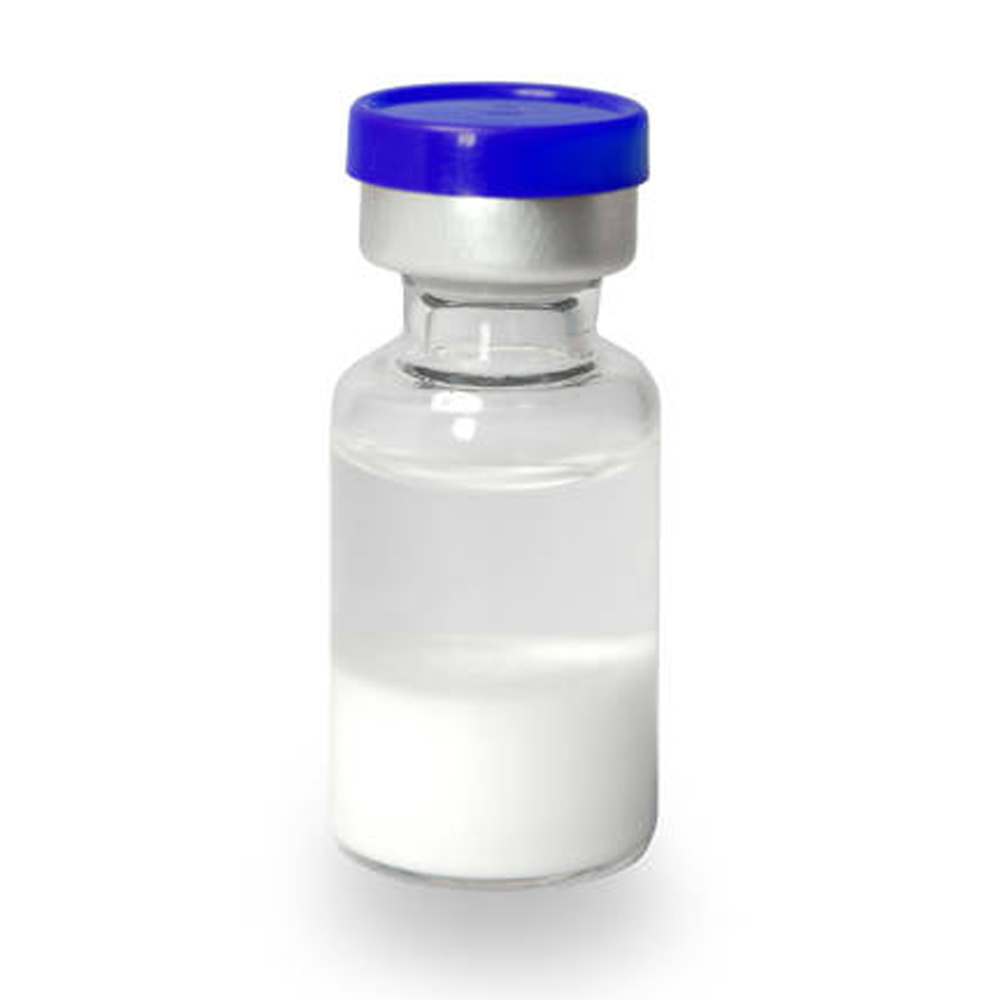
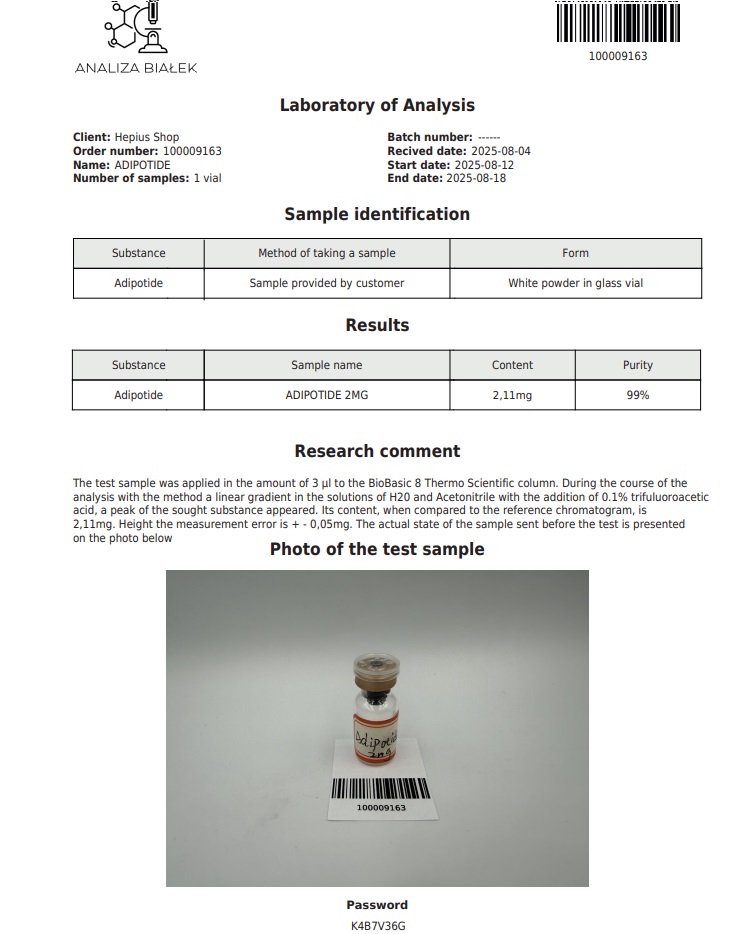
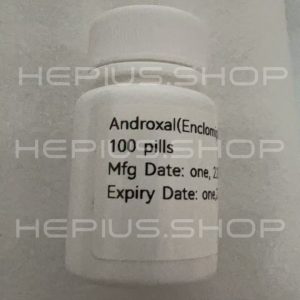
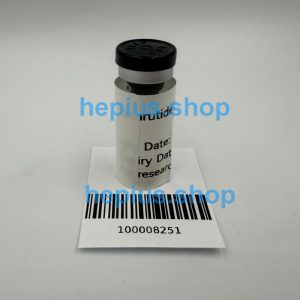
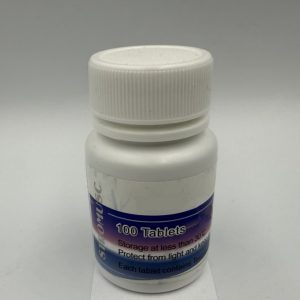
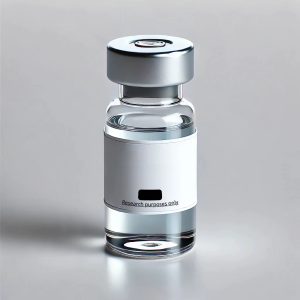
Reviews
There are no reviews yet.